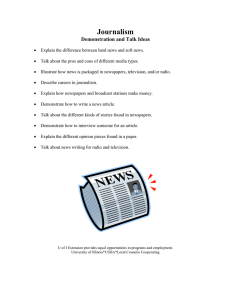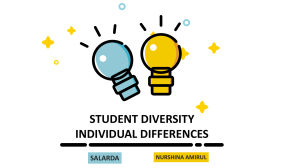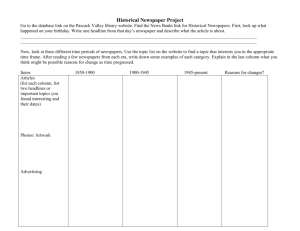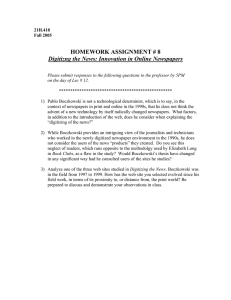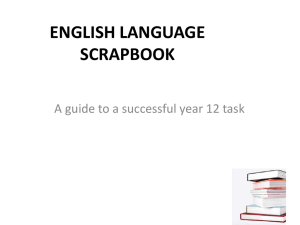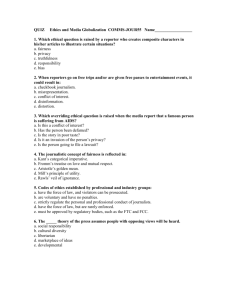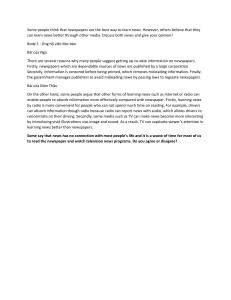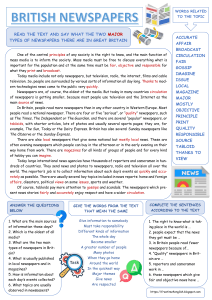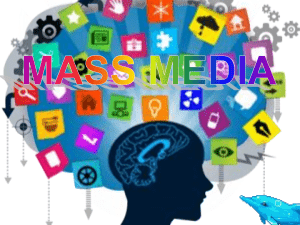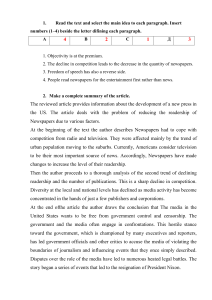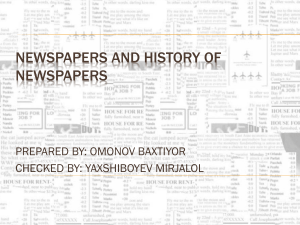English Used in the Media Instructor : Dr. Da-Fu Huang
advertisement
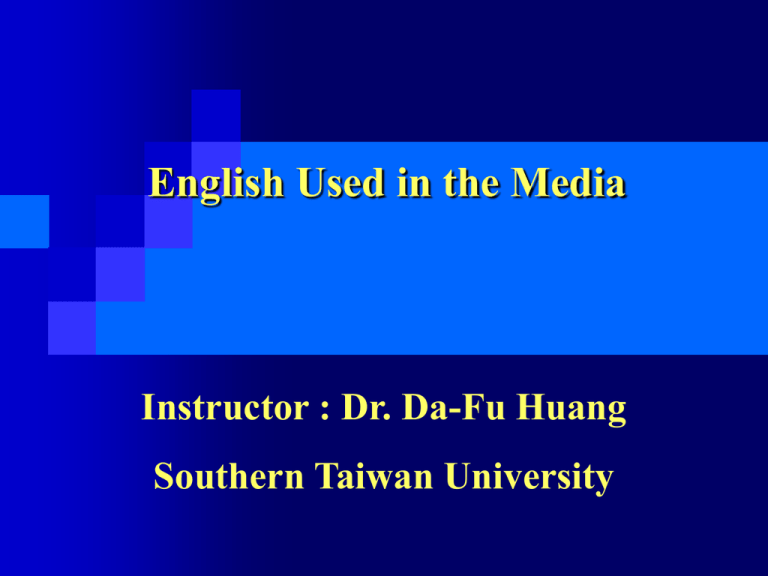
English Used in the Media Instructor : Dr. Da-Fu Huang Southern Taiwan University 2 Course Outline Introduction Introduction of key words in the media News English Components of English Language Newspapers and Internet Media Resources Layout of English Language Newspapers Characteristics of News English News English practicum Print and electronic news English excerpts Advertising English 3 Why study language and the media? The media matter to politicians and celebrities, and they also matter to everyone else, to managers, advertisers, teachers, parents, doctors, patients – anyone who might depend on them for information, or find themselves affected by their images. The clearest way to begin understanding media, beyond what is obvious, is to analyse media texts in detail: news broadcasts, print or electronic newspapers, situation comedies, magazine advertisements, talk shows, press photos, e-mails, or text messages on a mobile phone. 4 Why study language and the media? There is more to any media text than just its language. But a detailed analysis can also suggest ways to look beyond language, to non-verbal communication, interaction, layouts, and moving images. Language analysis enriches media studies, and media analysis enriches our understanding of language. Media texts remind us that language is used for communication, it is not just a complex abstract system. We need to look beyond the words themselves to what people do with language, how they use technologies, and how language interacts with other modes of communication 5 What do we mean by the media? People tend to talk about ‘The Media’, lumping them all together into an all-powerful monster. Or they think just of television, and maybe new media such as the World Wide Web. It is helpful to de-glamorise the media, and consider all the ways we extend our abilities to communicate, telephones, e-mail, newspaper, magazines, leaflets, radio, posters, maps, and even such everyday media as notes left on the refrigerator. Once you consider the full range of media, you are likely to realise that there is a lot to learn about how these various channels work, and about the institutions and ways of working that have grown up around them.
